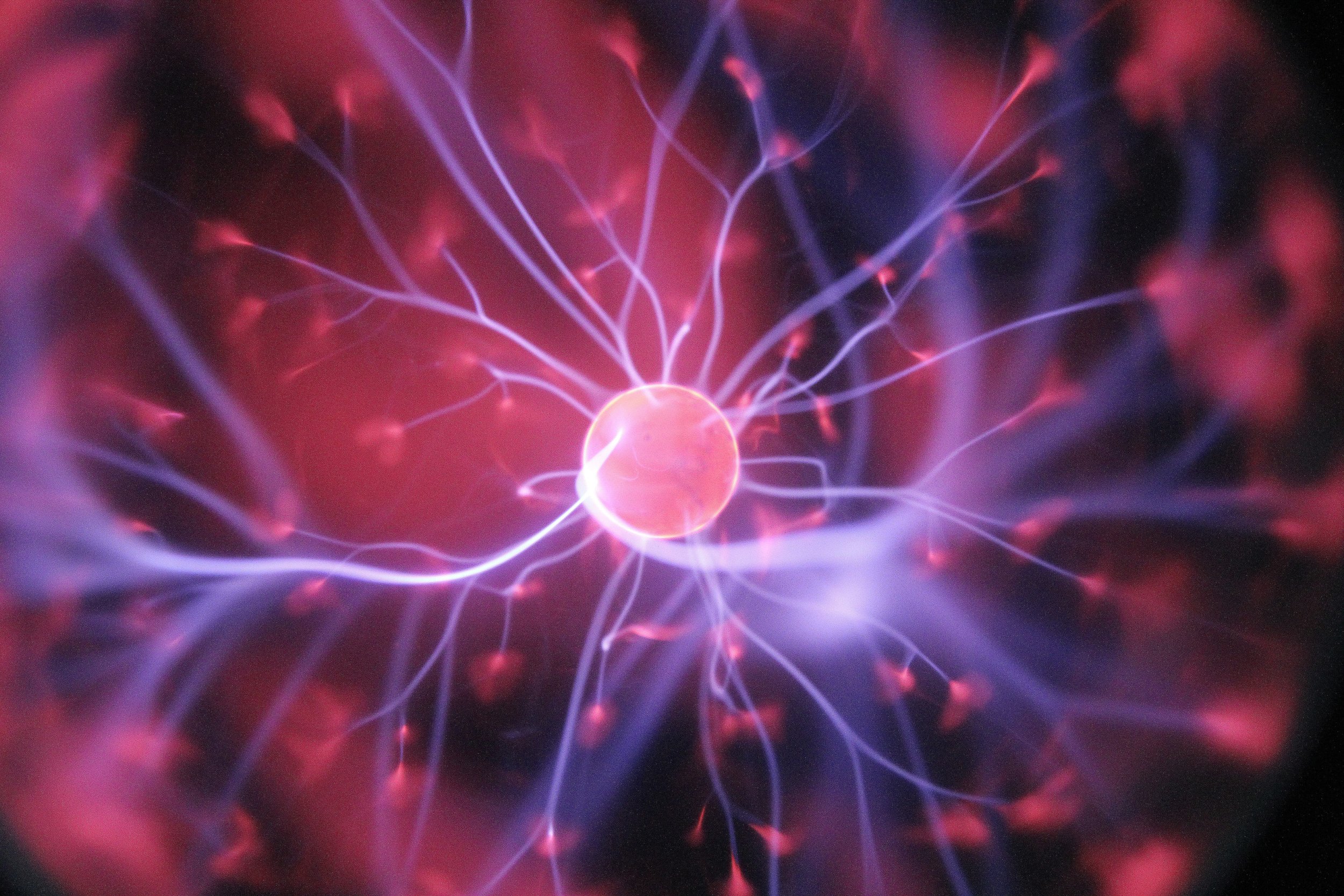Regulate Triggers - Fight, Flight or Freeze
What is a Trigger?
A trigger is a reminder of a past trauma that can cause a person to feel overwhelming sadness, anxiety, or panic. It may also cause a person to have flashbacks (a vivid, often negative memory that may appear without warning), or lose track of their surroundings and “relive” a traumatic event.
Triggers can take many forms. They may be a physical location or the anniversary of a traumatic event. A person could also be triggered by internal processes such as stress.
Sometimes triggers are predictable; a veteran may have flashbacks while watching a violent movie. In other cases, triggers are less intuitive; a person who was physically struck during childhood may flinch (make a quick, nervous movement of the face or body as an instinctive reaction to surprise, fear or pain) whenever someone raises an arm in their direction.
The following list of Fight, Flight, and Freeze are reactions to our Triggers of Trauma:
Fight
Crying
Hands in fists, desire to punch, rip
Flexed/tight jaw, grinding teeth, snarl
Fight in eyes, glaring, fight in voice
Desire to stomp, kick, smash with legs, feet
Feelings of anger/rage
Homicidal/suicidal feelings
Knotted stomach/nausea, burning stomach
Metaphors like bombs, volcanoes erupting
Flight
Restless legs, feet /numbness in legs
Anxiety/shallow breathing
Big/darting eyes
Leg/foot movement
Reported or observed fidgety-ness, restlessness, feeling trapped, tense
Sense of running in life- one activity-next
Excessive exercise
Freeze
Feeling stuck in some part of body
Feeling cold/frozen, numb, pale skin
Sense of stiffness, heaviness
Holding breath/restricted breathing
Sense of dread, heart pounding
Decreased heart rate (can sometimes increase)
Orientation to threat
How do you calm yourself after being triggered?
How do you comfort and sooth yourself?
Many attempt to avoid their feelings, and find ways to "numb the pain", which is not only not helpful, it continues to harm and spread to others. Feelings are felt inside and out by ourselves and others. Your reaction to your triggers is your responsibility, but if you don't know how to response to your feelings, what can you do?
Let your Inside Kid OUT by taking the ACE Quiz & rewriting your #ABCs🚦!
